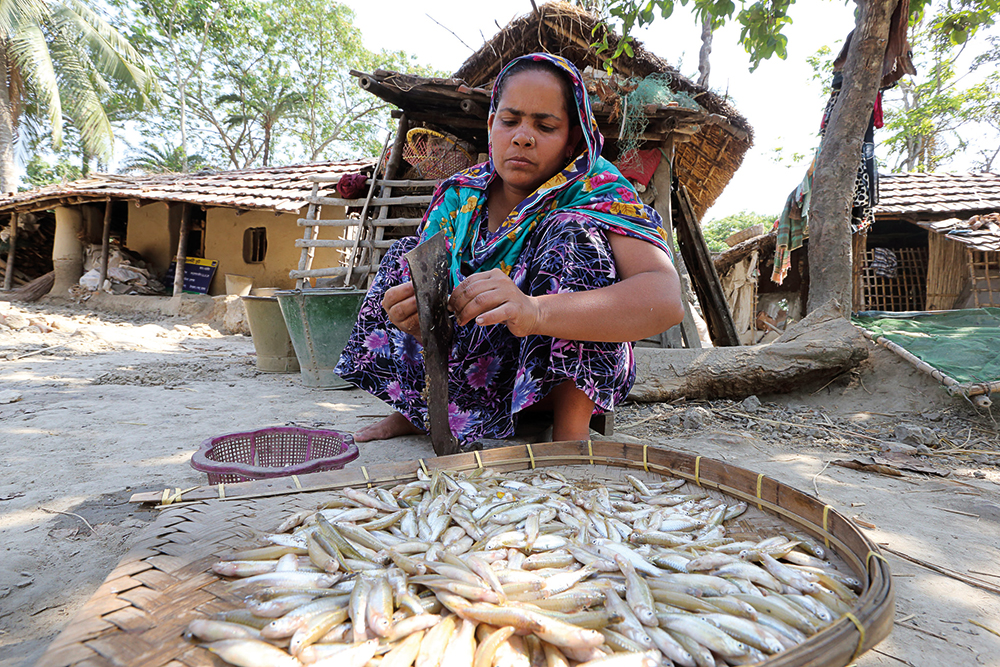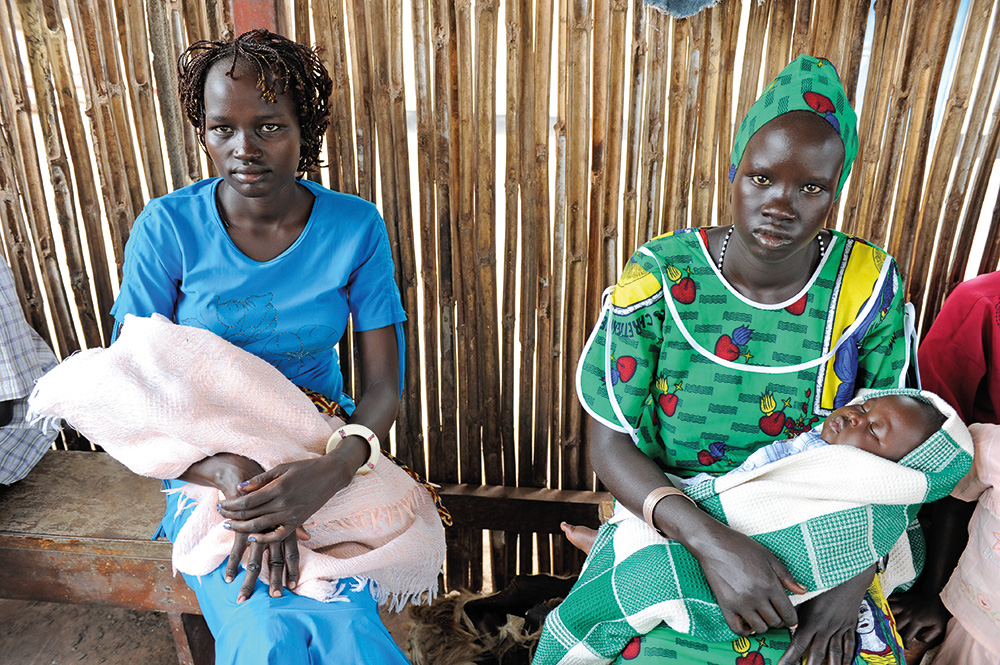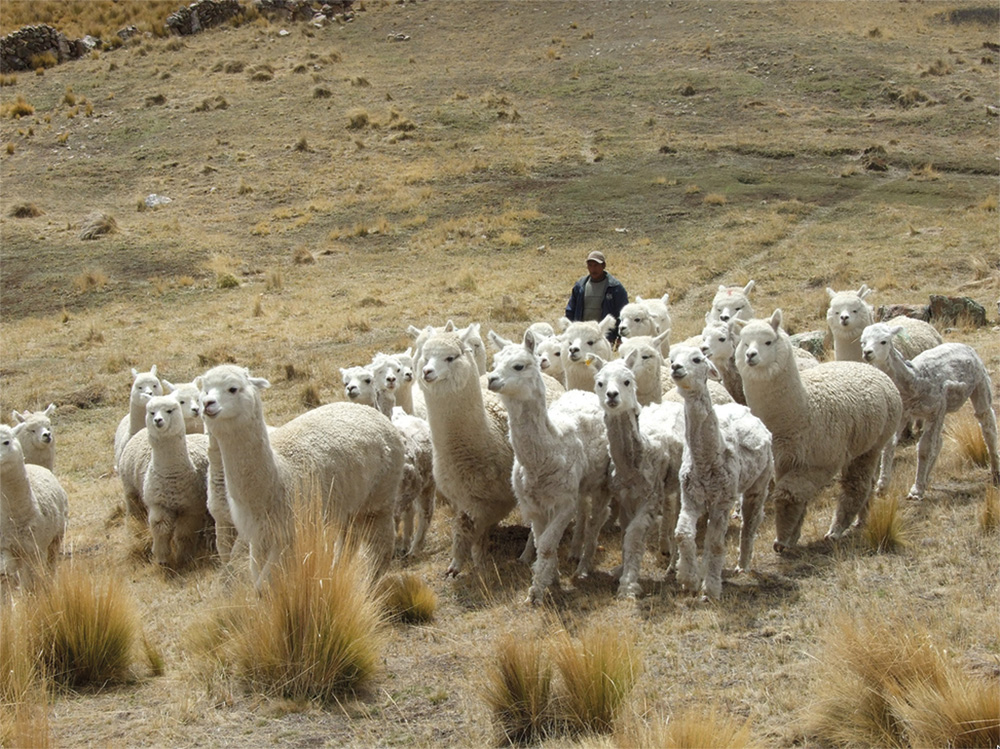DLG-Verlag was founded in 1952 as a subsidiary of DLG e.V. (Deutsche Landwirtschafts-Gesellschaft - German Agricultural Society) with its headquarter in Frankfurt/ Germany. The publishing company provides expertise for the agricultural and food sector.
With its subsidiaries Max-Eyth-Verlag and DLG-Agrofood Medien GmbH the DLG-Verlag offers books and magazines, as well as catalogs of the DLG's international DLG exhibitions.
Members:
Resources
Displaying 91 - 95 of 316Stakeholder participation. Easier said than done
Twenty-seven nations are classified as ‘water scarce’, a further 16 as ‘water stressed’. This situation, coupled with the fact that many surface and groundwater systems are shared between two or more states, has led governments to develop sustainable water management strategies. This implies a real commitment by all water users – households, farmers, and industrialists – to use available supplies in ways that reap sustainable and equitable benefits for all.
Envisaging alternative futures for African agriculture
The Future Agricultures Consortium was established in 2005 with support from the UK Department for International Development (DFID) as a learning alliance of leading African and UK-based research organisations. The Consortium provides independent analysis and advice for improving agricultural policy-making. The aim is to encourage critical debate and policy dialogue on the future of agriculture in Africa, elaborating the practical and policy challenges of establishing and sustaining pro-poor agricultural growth.
The role of farmers’ organisations in defining national policies
Farmer organisations play a crucial role in the development of rural areas. But how influential are they when it comes to defining national policies? What can they achieve, and where are their limits? Our authors demonstrate this with regard to the small farmer organisations in South Africa.
Capacity development for agricultural policy advice
The changes in global agricultural markets over the past decade have major implications on agricultural policy. What are the challenges and opportunities for development-oriented agricultural policy-making? And what advisory capacities are needed to deliver substantive advice to developing countries’ governments? The answers to these questions constitute a new agenda for contemporary capacity development for agricultural policy advice.
Food security needs policy coherence
The 2013 OECD publication "Better Policies for Development" emphasises that building global food security requires a cross-cutting approach to policy coherence for development. It explores ways in which more coherent policies in advanced, emerging and developing economies alike, as well as, globally can contribute to improved global food security.






